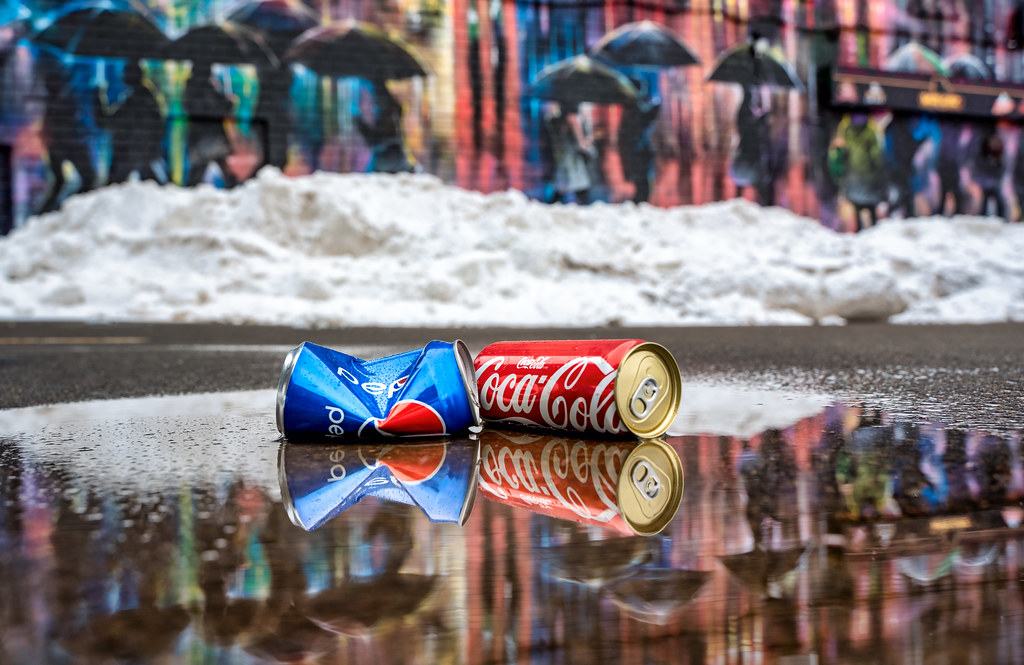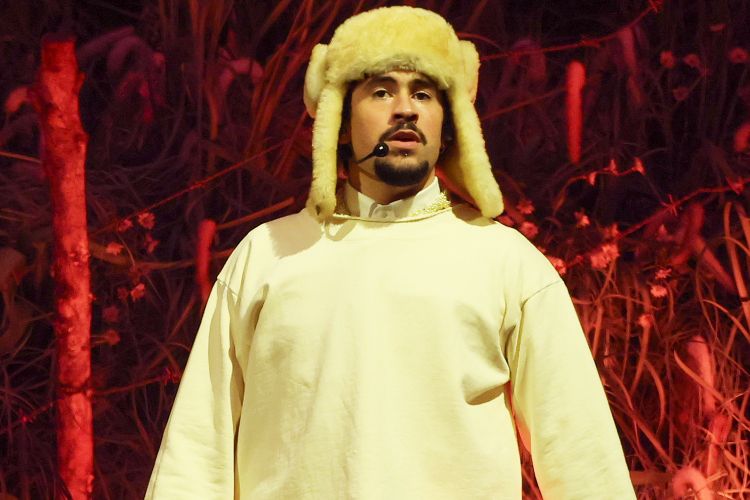In March, The New York Times (NYT) published a story exposing the process of gathering sugar for America’s most loved colas, which has been criticized as unethical and cruel. India, one of the primary locations for sugar mills, has over 82,000 women working in the sugar labor industry. Due to the long, straining hours under the hot sun, many of these women are pressured to get hysterectomies to avoid gynecologist visits and period troubles because it will interfere with their work.
These hysterectomies come at a cost: their time and freedom, all for the sugar that fuels Coca-Cola and Pepsi soda products. A vast amount of women in this industry are married off to sugar laborers, making them spend their time collecting sugar. Not only that, but they are married off as adolescents. Archana Ashok Chaure, an interviewee for The New York Times story, says she was married off at 14. She is far from the only one as this industry is driven by child labor and hysterectomies when periods become an obstacle for working.
The NYT aimed to expose the truth to the public, with the goal of getting people to reevaluate purchasing products that uphold such a dreadful industry. The university sells various Coca-Cola products, including the classic Coke, Barq’s Root Beer, Dasani, Fanta, Peace Tea and more. With Coca-Cola and Pepsi dominating the beverage industry in the United States, many consume their products quite often. At the university, due to this controversy, students have a choice to stop consuming Coke sodas only, boycott the brand entirely, or continue their lives as usual. Interviews were conducted to gather student’s thoughts and opinions regarding these choices.
“I feel glad that I’m aware, in the world we live in, it’s hard to avoid using these products. The products are still going to be bought. That’s how I am with Starbucks. I have money I need to use but it’s something we cannot stop talking about because silence doesn’t help,” Jenn Morriss, a sophomore Film and Screen Studies Major, said.
“The government should be involved to help them. Someone has to do something, there’s not much that we can do. I do think I’ll still indulge in the products, but it doesn’t mean that I do not support those women,” Suhani Baviskar, a junior at the University studying Film and Screen, said.
Due to the University’s ties with Chartwells, a catering company that many universities use in their meal plans at their cafeterias, the school receives pre-paid packages of various Coca-Cola products to sell in meal exchange packages or the 15 Beekman or 1 Place Plaza marketplaces. Because of this, it isn’t easy to boycott Coca-Cola products as a University student on campus. The semester is nearing an end, and so are many students’ dining dollar balances. Many students are distraught with what is going on at the sugar mills, but reality sets in for them: there isn’t much that will help those women in India without stronger measures.
Some students argued that awareness is better than mindlessly buying the products, which leaves the companies up to criticism. With ongoing events happening around the world, companies like Starbucks and Coca-Cola are up from strong criticism from the student population at the university. This sugar mill controversy has just been added to the list of things up for criticism by the university’s students. While many hope the university will sever ties with Chartwells, the outcome is unlikely to many.
PepsiCo said in a statement with the NYT, “We will engage with our franchisee partners to conduct an assessment to understand the sugar-cane cutter working conditions and any actions that may need to be taken.” Coca-Cola has not commented on the matter. Whether or not Coca-Cola and Pepsi can stop getting their sugar from those mills is very uncertain. Regardless, it is important for government interference with the sugar mill market, as those mills are regulated by a system where it is legal to allow these women to work forcefully.








